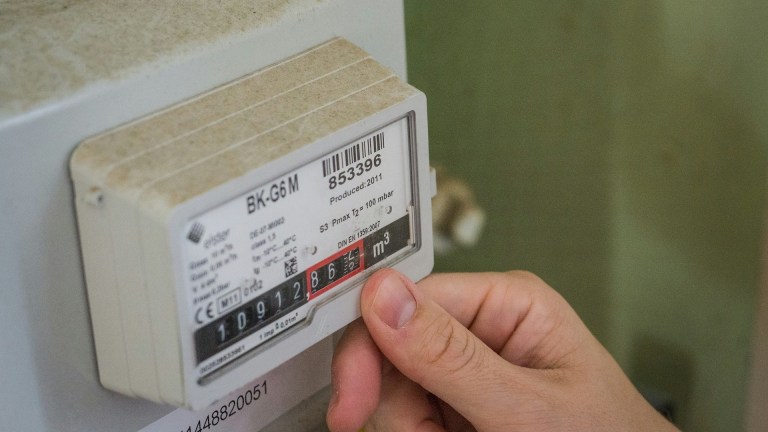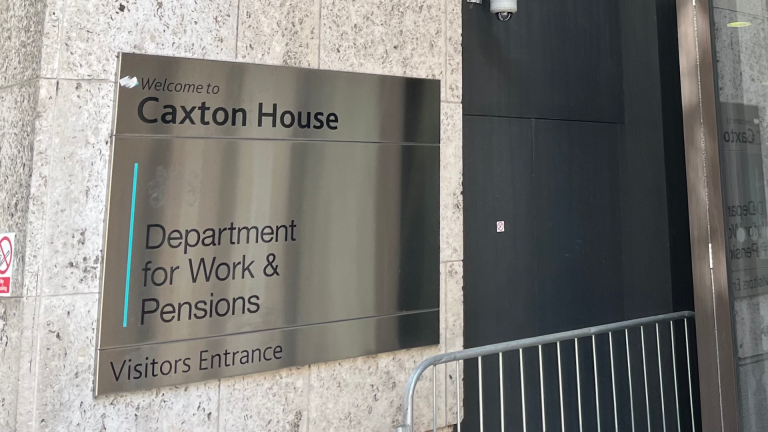People with severe mental illness are nearly twice as likely to report that they have had their phone, gas or electricity cut off by debt collectors.
That is the finding of new research by the Money and Mental Health Policy Institute – founded by Martin Lewis – which has condemned the “unnecessary harms” caused by aggressive utility company debt collection.
Some seven million people across the UK are behind on their utilities bills. More than half (52%) are experiencing some kind of mental health problem, the charity’s survey of 22,000 billpayers shows.
In particular, people with severe mental illness such as bipolar disorder or schizophrenia are four times more likely to be behind on some form of utility bill than people without mental health problems (35% compared to 8%).
- ‘I have nothing they can take’: Council tax debt collection having devastating impact on vulnerable people
- How can you cope with money worries in the cost of living crisis? We asked experts at leading mental health charities
- Martin Lewis blasts councils putting vulnerable people at risk with aggressive debt collection
Yet utilities companies are failing to support people in this position. Nationally, people with severe mental illness who are behind on bills are nearly twice as likely to report that they have had their phone, gas or electricity cut off, compared to people in arrears who don’t have mental health problems (23% vs 13%).
Such disconnection can have devastating consequences, warned Helen Undy, chief executive of the Money and Mental Health Policy Institute.










